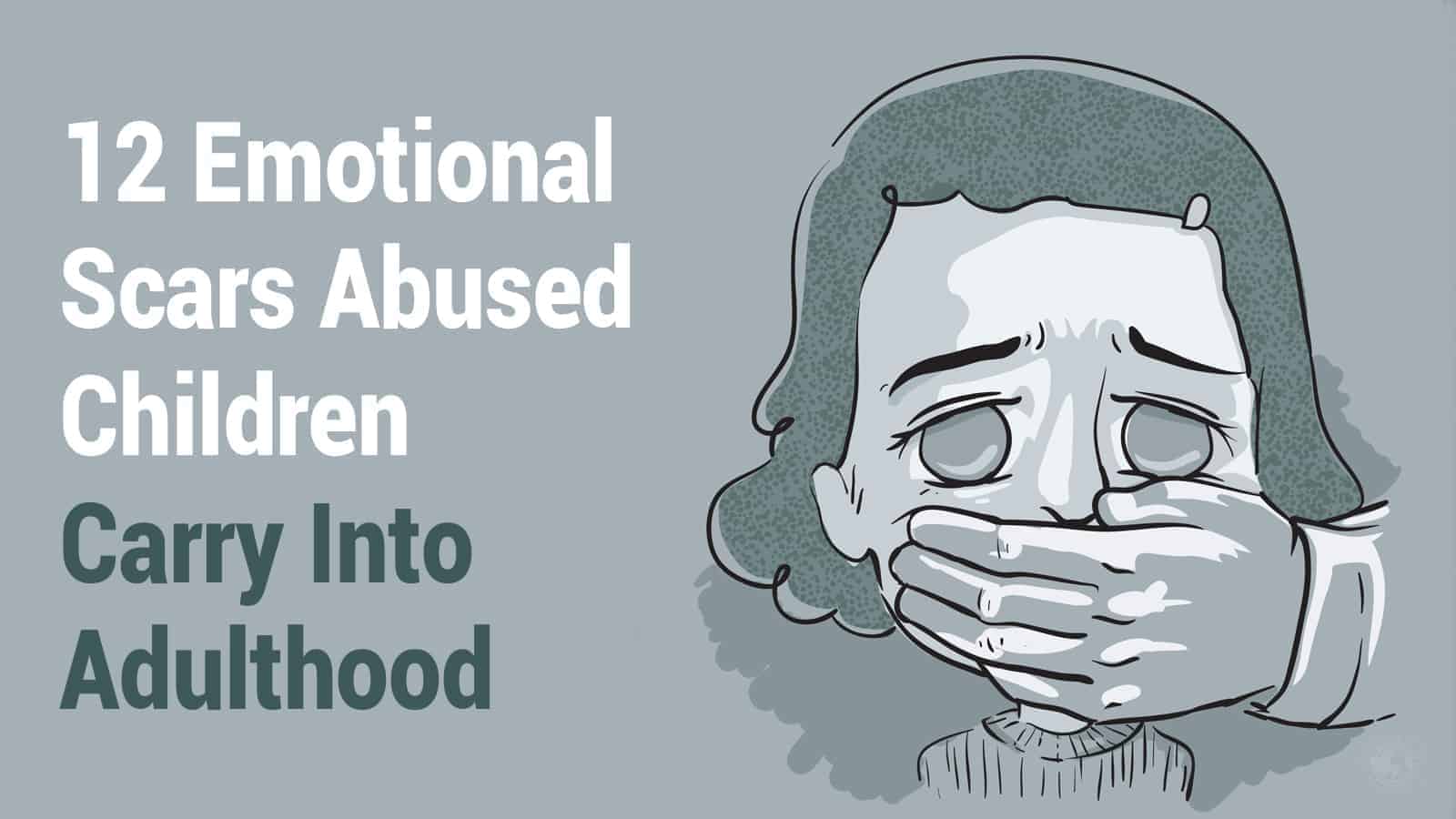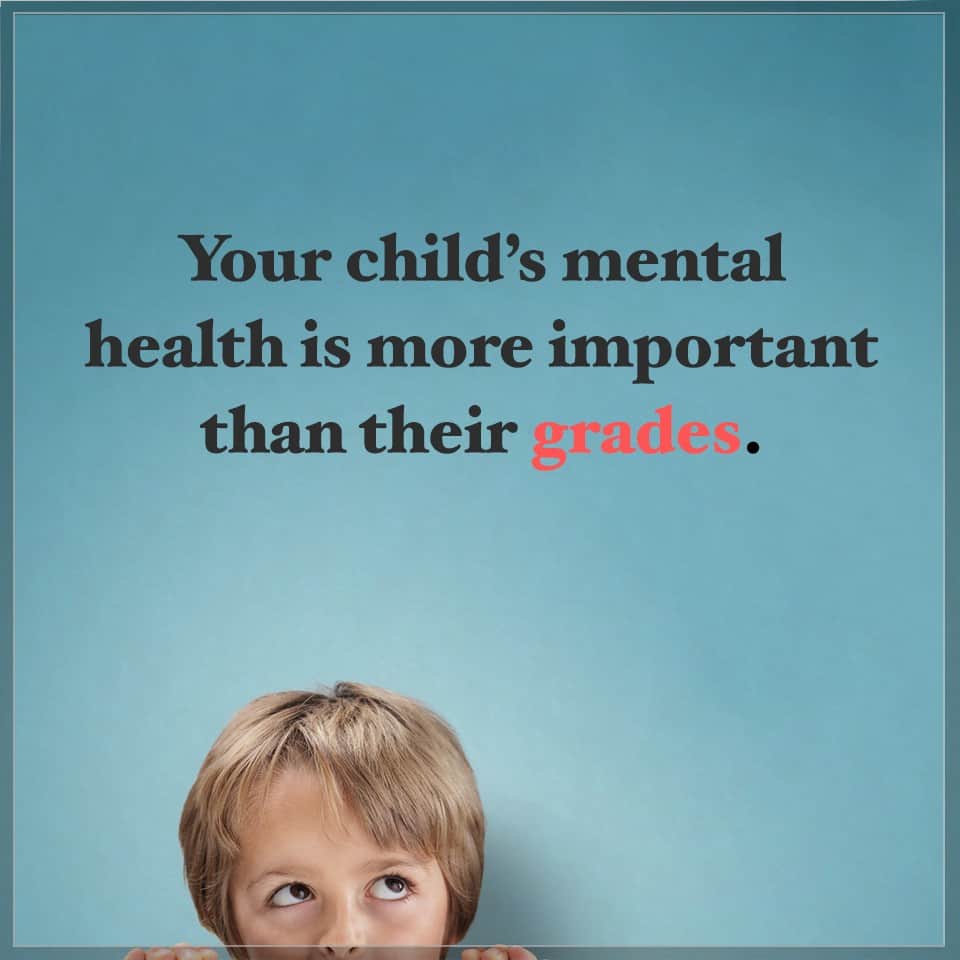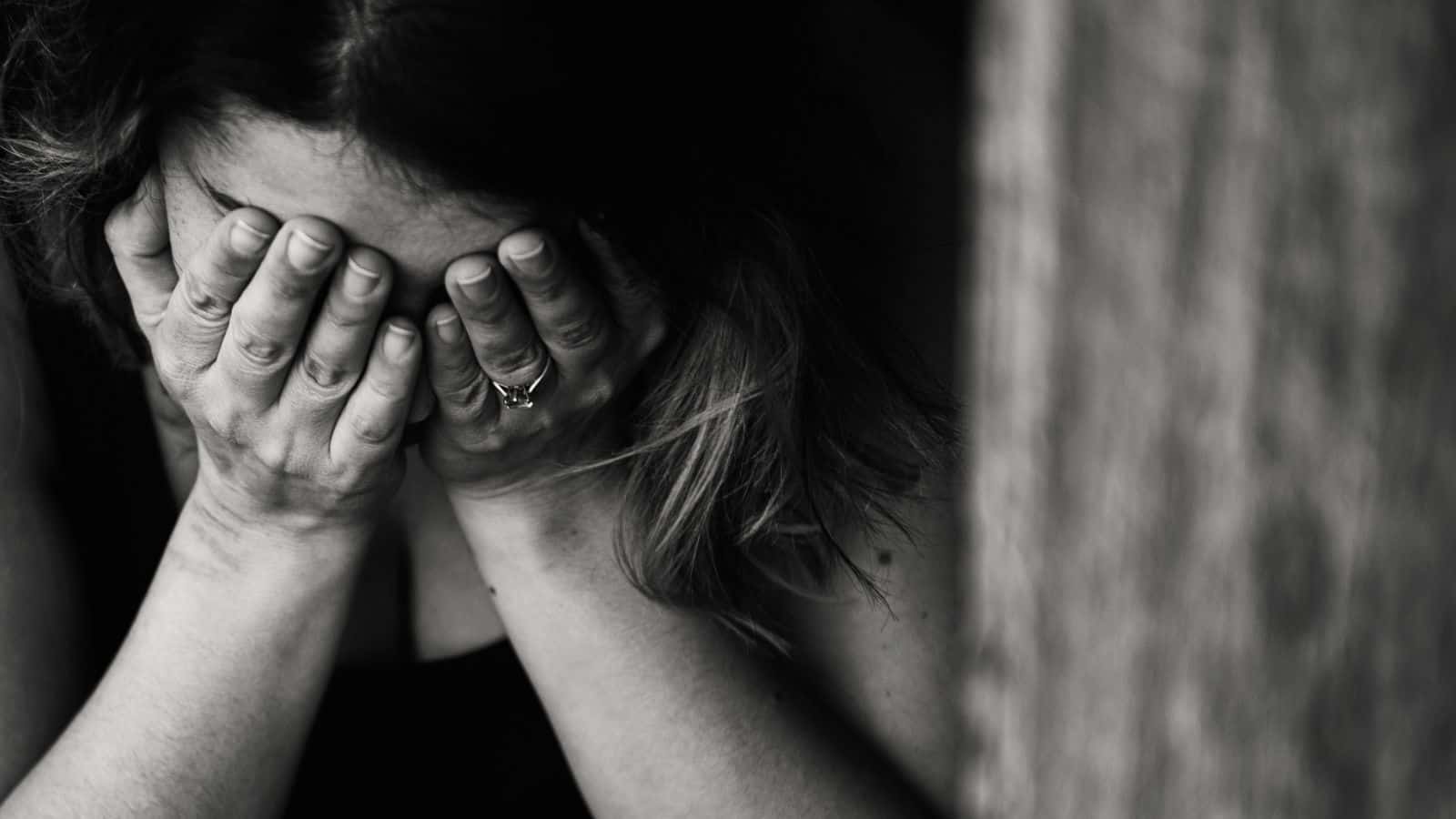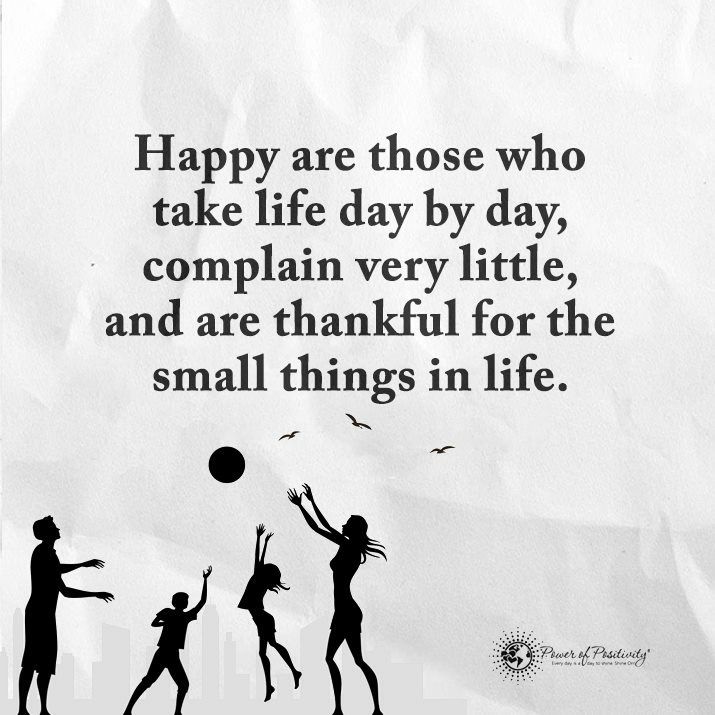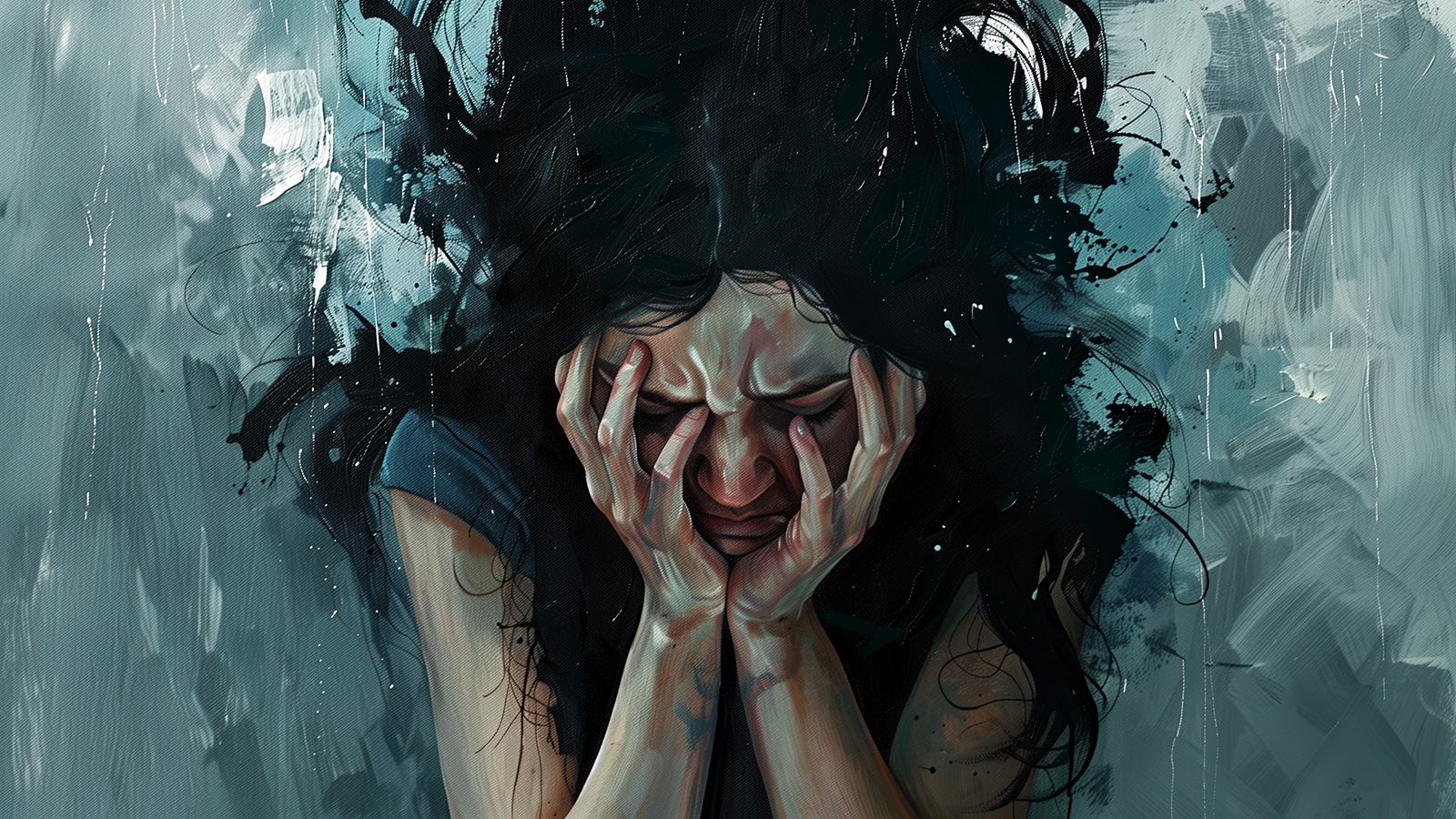Suffering from any abuse leaves deep emotional scars. While bruises, cuts, and broken limbs will eventually heal, the emotional trauma takes a lifetime to overcome. The issue is that abuse brings about a betrayal of trust.
For instance, a child depends on their parents to protect them and keep them safe while they grow. The only thing that they should be focused on is playing and enjoying the carefree lifestyle. However, when a parent violates them in an abusive way, it destroys their trust in the people they love most.
It’s not like boxing up a toy that they’ll never see again; the hurt is so much deeper. The agony is so profound that the brain often rewires itself to cope with the pain.
If only you could un-read those pages in your life’s book, or if there was a way to erase the images and flashbacks that come to your mind. Sadly, these traumas are written into the fiber of your being.
Emotional Scars Change Adulthood
Victims of abuse learn what they need to do to survive. The things that have happened to you give you the drive to survive, however possible. Your past has conditioned you to respond a certain way to people and life’s stressors.
For all the times that you felt defenseless as a child, your self-protection mode kicks into overdrive. Here are twelve emotional scars that abused children carry into their adult life. You can easily place people in your life that fit the description of these issues.
1. Inability to Trust
As discussed above, once trust has been broken, a child is altered. In adulthood, it makes it difficult to make friends or have meaningful relationships. These people are always on guard and looking for red flags of deceit.
2. Sexual Inadequacies
It’s commonplace for a person that has been sexually abused to look at sex as a dirty and disgraceful act. What was created to pleasure each other and connect physically has become a horrific nightmare. Some will become hypersexual to combat the trauma around this act, while others will become a-sexual and avoid it altogether.
Some evidence supports that a male family member sexually abused a girl, she might turn to a same-sex relationship as she can’t stomach the pain of being with another man. When such an intimate act is defiled, it alters the pleasure receptors. Some children don’t know how to enjoy something that brings them so much pain.
3. Fear of Men/Women
If their parents physically beat a child, they might fear ever getting close to anyone again. If the father used a belt to abuse them, they might shy away from people who wear it as it can trigger their trauma.
Even long into adulthood, the brain remembers when the threat of abuse is gone. Triggers can be small, but they take the person’s mind back to the abusive acts.
4. Constant Need for Validation
Seeking approval from those around you is a big part of healing from past wounds. A child often grows up with feelings of worthlessness, and that something was wrong with them. To counteract these feelings, they will seek validation and approval from everyone.
They need to do a good job and to make sure they get the attention they deserve, well, most of them. Some want to tower in the corner and make the world go away.
5. Low Self-Esteem
Self-esteem is hard to repair once it’s been broken. Even if abuse isn’t involved, one child can have high self-esteem while the other one can barely look at themselves in the mirror. Through counseling and the use of positive affirmations, it’s possible to repair esteem issues.
6. Mental Illness
Sadly, those who have suffered from abuse often deal with mental health issues in adulthood. Depression, anxiety disorders like obsessive-compulsive disorder, and personality disorders are commonplace. The brain rewires itself and finds ways to cope, but the new coping methods are often disorganized and bring about adverse changes.
7. Emotional Instability
Self-regulation is something that people learn at an early age. When you’re upset, you can calm or soothe yourself by counting your blessings or thinking about something pleasant. Sadly, many adults lose self-regulation abilities, and it causes problems.
They will seek ways to calm themselves, which can get them into serious trouble. A person could be agitated because they didn’t get a job promotion at work. They need a rush and something to burn off the dash of adrenaline and cortisol, the stress hormones, they feel inside.
Some turn to illegal acts, like stealing, to try to combat those feelings. Once they take something insignificant, it calms their senses, and they can relax. It’s strange what abuse does to the bodies and how the emotional scars are different for each person. However, some engage in self-destructive patterns that cause more pain.
8. Problems Finding A Stable Partner
The goal of most adults is to find someone to spend life with. You want the fairy tale, and you’re happily ever after. Sadly, finding a stable partner is not always an easy task when you carry emotional scars and baggage.
You don’t trust, you’re always waiting for the other shoe to drop, and the past haunts your present. Many people who’ve been abused will have several marriages or jump from relationship to relationship without committing fully. Others will latch on to the first partner who shows them any attention, and many become stuck in abusive partnerships that they don’t know how to end.
9. Stress and Physical Effects
Many children can’t remember the abuse that occurred, especially at a young age. When it comes to sexual abuse, many people form mental blocks so they cannot recall the horrific events that violated them. While the brain does everything possible to push those occurrences from the memory bank, the body remembers.
Strangely, your body can feel the stressors of events that happened to you. Many people with chronic stress and physical joint pains are often caused by previous abuse. Not every case where a person has joint pain comes from a horrific childhood, but it can affect it.
10. Substance Abuse Issues
Methods to self-medicate are commonplace for someone with deep-seated emotional scars. They will look for ways to ease the pain. They often start by doctor-shopping for medications like antidepressants and benzodiazepines. However, many medicines don’t work, or their effects are short-lasting.
They will use marijuana and whatever they can get their hands on. It’s estimated that one in seven children are abused every year. Since the formative years foretell the future, it’s a sad statistic to consider.
11. Resentment and Aggression
Resentment and aggression are commonplace in abuse. Adults will resent what’s happened to them and the people who caused these actions. Additionally, they may become aggressive to thwart off any further abuse.
Think about the bully on the middle school playground. They seem to be in control and running the show having every kid bow to their command. They scare and intimidate others by using control.
Consequently, this child is probably suffering from abuse, or neglect, or other issues that they need help with their life. They only know how to deal with things by being in control. Now, how many people in your adult world act the same? They could be harboring emotional scars from the past.
12. Sleep Disorders and Nightmares
While you can somewhat control your thoughts during the day, your mind can wander and roam through past chapters of your life at night. Your subconscious mind processes everything from the day, including past triggers. Chronic nightmares and other sleep disorders are common because anxiety is highest when it’s dark outside and all is quiet.
Sleep disorders can range from insomnia to night terrors, and all these sleep issues are just as troubling to handle.
Final Thoughts on Dealing with Emotional Scars from Childhood
Abuse can be a one-time ordeal or an ongoing issue. However, no matter the duration, it can affect the rest of your life. Most child abuse cases are handled, but many abused children go undetected.
The scars of events so tragic don’t ever go away. While the physical pain subsides, the emotional pain and scarring last a lifetime. Some cope better than others, most of which involves having a strong support system and getting the proper help early on.
You don’t have to let the emotional scars of childhood define your adult life. You can rise above the pain and the shame of what’s happened to you and live victoriously. There is happiness after the storms of life.

